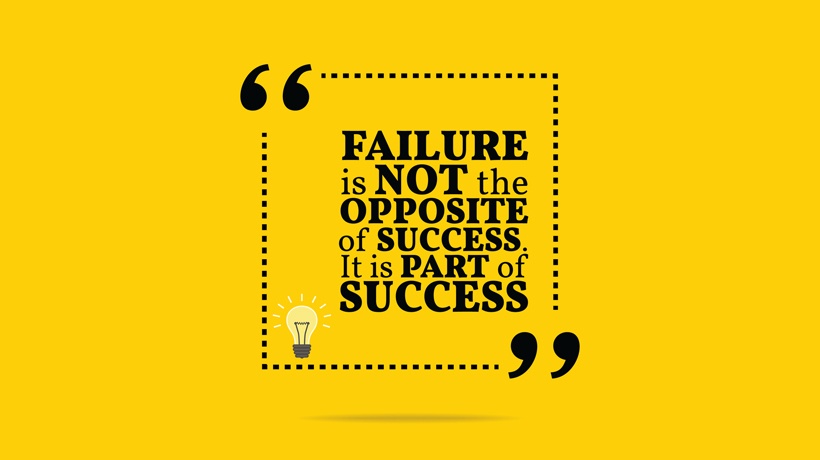April 4, 2016
Following A Discovery Learning Approach To Instructional Design
We humans are curious creatures. We are always striving to learn more about ourselves and the world around us, and seize every opportunity to soak up new knowledge. Discovery Learning capitalizes on this fact by encouraging learners to explore the subject matter. In this article, I'll share the ideologies and objectives of the Discovery Learning approach, as well as tips that can help you apply it in Instructional Design.
by Christopher Pappas











